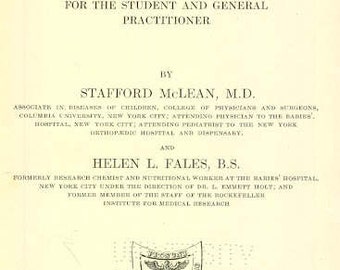
Where is the thatch-roofed village, the home of Acadian farmers,. Leaped like the roe, when he hears in the woodland the voice of the huntsman? This is the forest primeval but where are the hearts that beneath it Speaks, and in accents disconsolate answers the wail of the forest. Loud from its rocky caverns, the deep-voiced neighboring ocean Stand like harpers hoar, with beards that rest on their bosoms.

Stand like Druids of eld, with voices sad and prophetic, The murmuring pines and the hemlocks,īearded with moss, and in garments green, indistinct in the twilight, Read the book to see who has apologised for this travesty … and who has not … Retrieved, long-lost historical documents name the spiteful and reprehensible perpetrators. This is marked as one of the most appalling episodes in North American history where children were separated from parents, husbands from wives, brothers from sisters. 40 illustrations, 6 mapsįor staunch history buffs, this is a book you can sink your teeth into … an account of the despicable 1755 events that historians claim bear a striking resemblance to more recent ethnic cleansings, the Yugoslav succession, the Ottoman Turk operations against the Armenians, the Nazi war on the Jews, the Soviet deportation of the Chechens and the conflict between ethnic groups in Burundi and Rwanda.ĭefined as “a purposeful campaign of one ethnic or religious group to remove, by violent and terror-inspiring means, the civilian population of another ethnic or religious group from a certain geographic area”, the operation was carried out by Anglo-American forces, deporting civilians, treating prisoners cruelly and inhumanely, and destroying communities needlessly. John Mack Faragher draws on original research to weave 150 years of history into a gripping narrative of both the civilization of Acadia and the British plot to destroy it. But the Acadians' refusal to swear unconditional allegiance to the British Crown in the mid-eighteenth century gave New Englanders, who had long coveted Nova Scotia's fertile farmland, pretense enough to launch a campaign of ethnic cleansing on a massive scale. The right of neutrality to live in peace from the imperial wars waged between France and England had been one of the founding values of Acadia its settlers traded and intermarried freely with native Mikmaq Indians and English Protestants alike.

"Altogether superb: an accessible, fluent account that advances scholarship while building a worthy memorial to the victims of two and a half centuries past." ― Kirkus Reviews (starred review) In 1755, New England troops embarked on a "great and noble scheme" to expel 18,000 French-speaking Acadians ("the neutral French") from Nova Scotia, killing thousands, separating innumerable families, and driving many into forests where they waged a desperate guerrilla resistance.


 0 kommentar(er)
0 kommentar(er)
